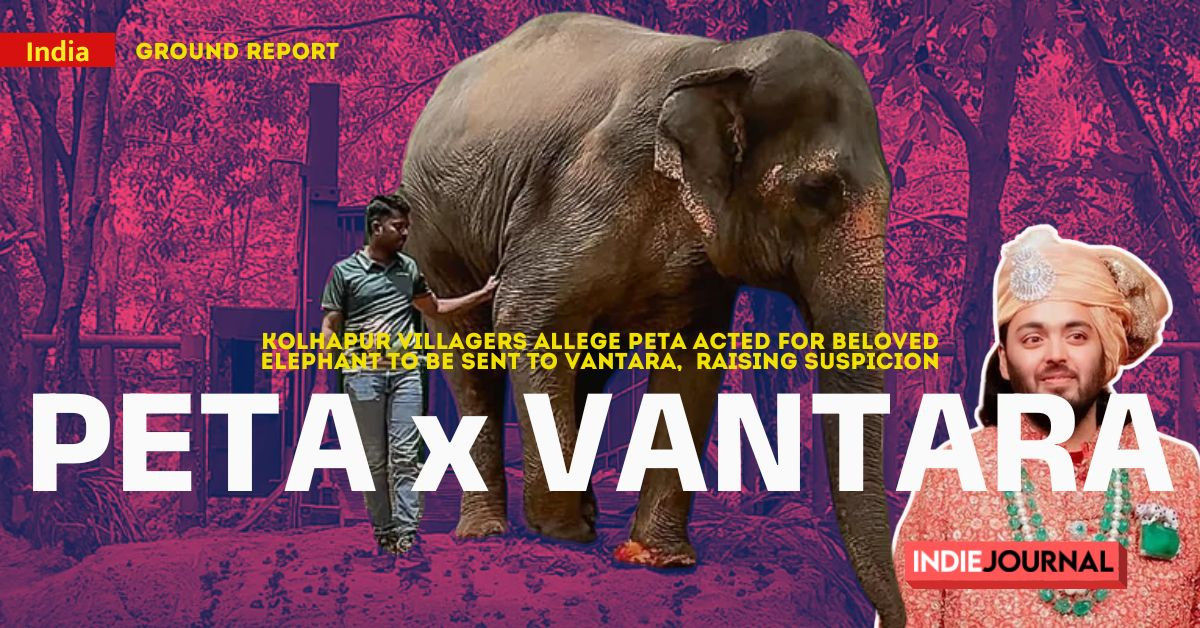India
No history without evidence, say researchers and historians as GoI sets to explore 12,000-year-old Indian culture
Lack of women, minority, Dalit representation, young faces in the committee causes concern among researchers and the public.

The Union Minister for Culture and Tourism, a few days ago, in a written reply in Lok Sabha said that a 16-member committee has been formed in order to study the origin and evaluation of Indian culture. While the said committee has set out to explore the culture to as far back as 12,000 years in the past, the historians and researchers in the country have been wondering what exactly is the committee trying to find, as the traces of available historical evidence doesn’t go back beyond around 4,500 years.
“This step by the government is totally political. It has nothing to do with history,” said renowned historian S Irfan Habib. “They want to take Indian history as far back as possible, but without any sources to do the same. If you want to talk without sources, you can talk about mythology. But mythology is not history. History is based on diverse evidence, archaeological documents and so on.
Dr Lokendra Singh Chundawat, Associate Professor at Government Post Graduate College, Chittorgarh, Rajasthan also said that no available evidence points to history as old as 12,000 years. “The known history in India starts from the Indus Valley Civilisation for which we have documents and evidence. The Indus Valley Civilisation dates back to 2500 BC, which is around 4,500 years ago. Beyond that, whatever we would like to state would only be based on estimation, which is not history,” Chundawat said.
No Woman, No Minority, No Dalit representation
Interestingly, the committee aiming to study the origin and evolution of Indian culture has no representation from women, minorities or Dalits, which has enraged several people. In fact, most of the names suggest that the members are upper-caste males.
“I was appalled when I first saw the notification when I saw no woman in the committee. Considering the time period that they are talking about, I do not think there are any pre-history scholars in the team. There are several women historians in our country who are doing astonishing work, and they deserve to be in this committee,” said Bhakti Gohil, Junior Research Fellow, The Maharaja Sayajirao University of Baroda.
She added, “Dr Shanti Pappu of Sharma Heritage Centre, Dr Sheila Mishra, Retired Professor at Deccan College Post Graduate and Research Institute, Dr Vibha Tripathi, Professor, Banaras Hindu University are some of the most notable women archaeologists in our times. Also, the committee should have had experts who are into scientific archaeology as well, along with classical archaeologists.”
"Re-write India History" ft.@BJP4India
— HP (@whatsdhari) September 15, 2020
No Women; No Dalit; No Minorities; No South Indian representations in the "expert" committee.
A panel for the Savarnas, By the Savarnas, of the Savarnas. https://t.co/qx6UQl9MEI
The absence of women and other communities than the upper caste Hindus in the team has also questioned the narrative that is going to be brought forth, as the telling of history has traditionally been done by the same community over the ages.
“Women should have been part of this committee. Other community members should have been there. Here, it looks like they are just reinforcing the old narrative, not trying to change it in any way,” Habib added. He has also pointed out that most of the members in the committee seemed to be Sanskritists and not historians. “Anybody can make loud claims. Many of us haven’t heard the names of these committee members in the public domain, or read their books or papers,” Habib added.
Madurai MP Su Venkatesan of Communist Party of India (Marxist) (CPIM), along with several others point out that the committee has not a single member from South India, Northeast India.
Glorification of the Concept of India
Gohil said that the earliest idea of India as we see today was seen during Ashoka’s period. “Before that, we did not have a united country of India as such. Mostly, the India that we see today has come together during the British period. They can venture into the pre-history, but they must present the facts as they are, and not glorify the idea of India through it. That might be biased,” she said.
The researchers also mentioned that any committee like this must have members of different levels of experience. “All the archaeologists in the committee are old school archaeologists, we also need younger archaeologists and historians in such a team. We need people with different levels and kinds of experience and expertise in order to ensure a balanced perspective in the presentation of history,” Gohil stated.





